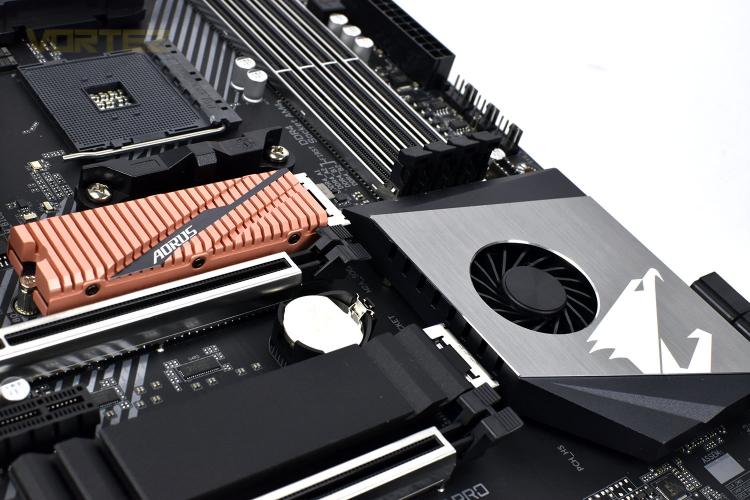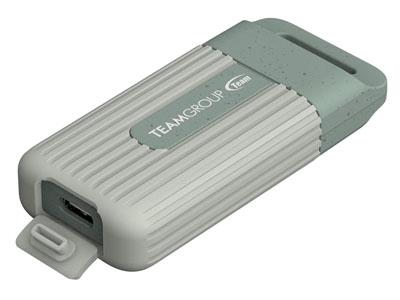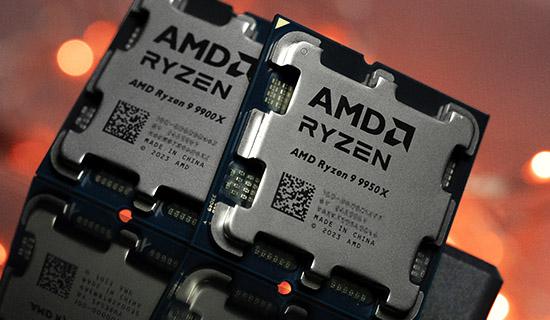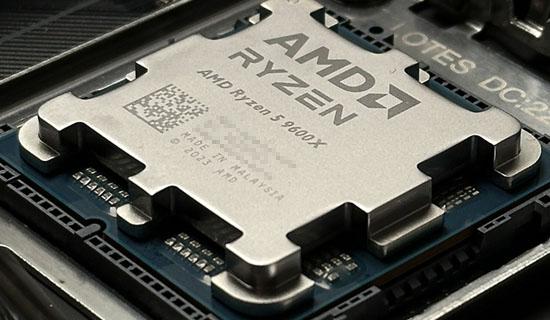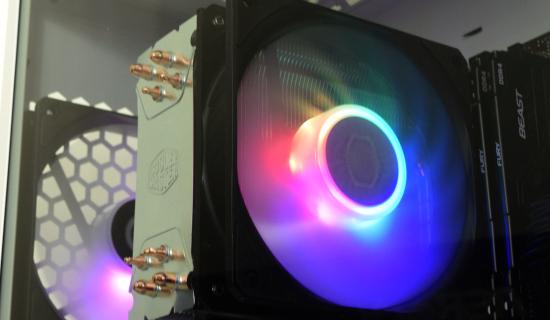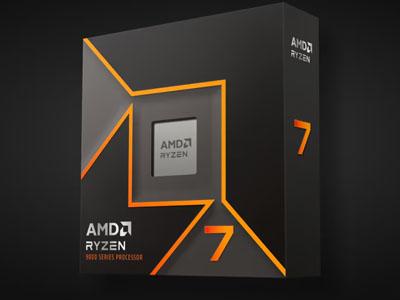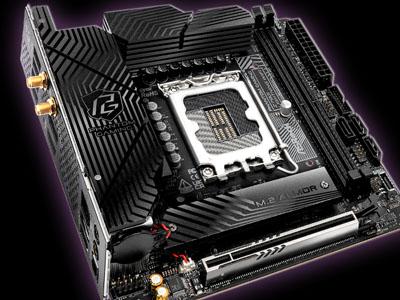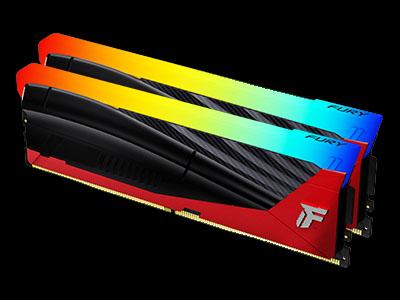
Product on Review: GIGABYTE AORUS NVMe Gen4 SSD
Manufacturer: GIGABYTE AORUS
Street Price:
1TB – GBP £269.99 / USD $259.99 / AUS $529.99
2TB – GBP £469.99 / USD $459.99 / AUS $889.99
GIGABYTE, particularly with their premium AORUS brand, offer computer enthusiasts high performance components and are very well known for their motherboards and graphics processors, however, one market they’re relatively new into is solid state storage but today’s sample hopes to change that.
You might’ve heard with AMD’s 3000-series processors came the X570 chipset which brought with it the latest PCI-E 4.0 interface, offering double the bandwidth of the outgoing PCI-E 3.0 standard. What that means is a whopping (theoretical) 2GB/s per channel, for a total of 32GB/s on a x16 interface. GIGABYTE were obviously keen to capitalise on this massive bandwidth improvement and have released their AORUS NVMe Gen4 SSD in 1TB and 2TB capacities.
Utilising the industry’s first PCI-E 4.0 storage controller, the Phison PS5016-E16, as well as DDR4 caching and Toshiba’s BiCS4 96-layer NAND, the Gen4 SSD offers read and write speeds of 5000MB/s and 4400MB/s respectively, with 750K and 700K read and write IOPS. If you’re familiar with drives like the Samsung 970 PRO or the Western Digital SN750, the best that PCI-E 3.0 had to offer, the promise of 5GB/s and 4.4GB/s will certainly get the juices flowing.
With all of this increased data throughput, there’s an increase in thermal output which necessitates measures to dissipate that, GIGABYTE have done so by strapping an all-copper heatsink to both sides of the SSD with many deep grooves for improved surface area.
After being trapped below the PCI-E 3.0 ceiling for several years now, we’re excited to see what manufacturers are capable of with the new specification, so let’s jump into our tests and see what’s what.
GIGABYTE on the Aorus NVMe Gen4 SSD:
The World First PCIe 4.0x4 Controller, Phison PS5016-E16 controller, made by 28nm manufacturing technology. The advanced fabrication process ensures PS5016-E16 has enough compute power for ECC processing when adopting the latest 3D TLC NAND flash. PS5016-E16 also features eight NAND channels with 32 CE targets, DDR4 DRAM caching, and a PCIe 4.0x4 interface. As for features, the chip supports the NVMe 1.3 protocol, LDPC error correction, and Wear Leveling, Over-Provision technologies to improve reliability and durability of SSDs.

